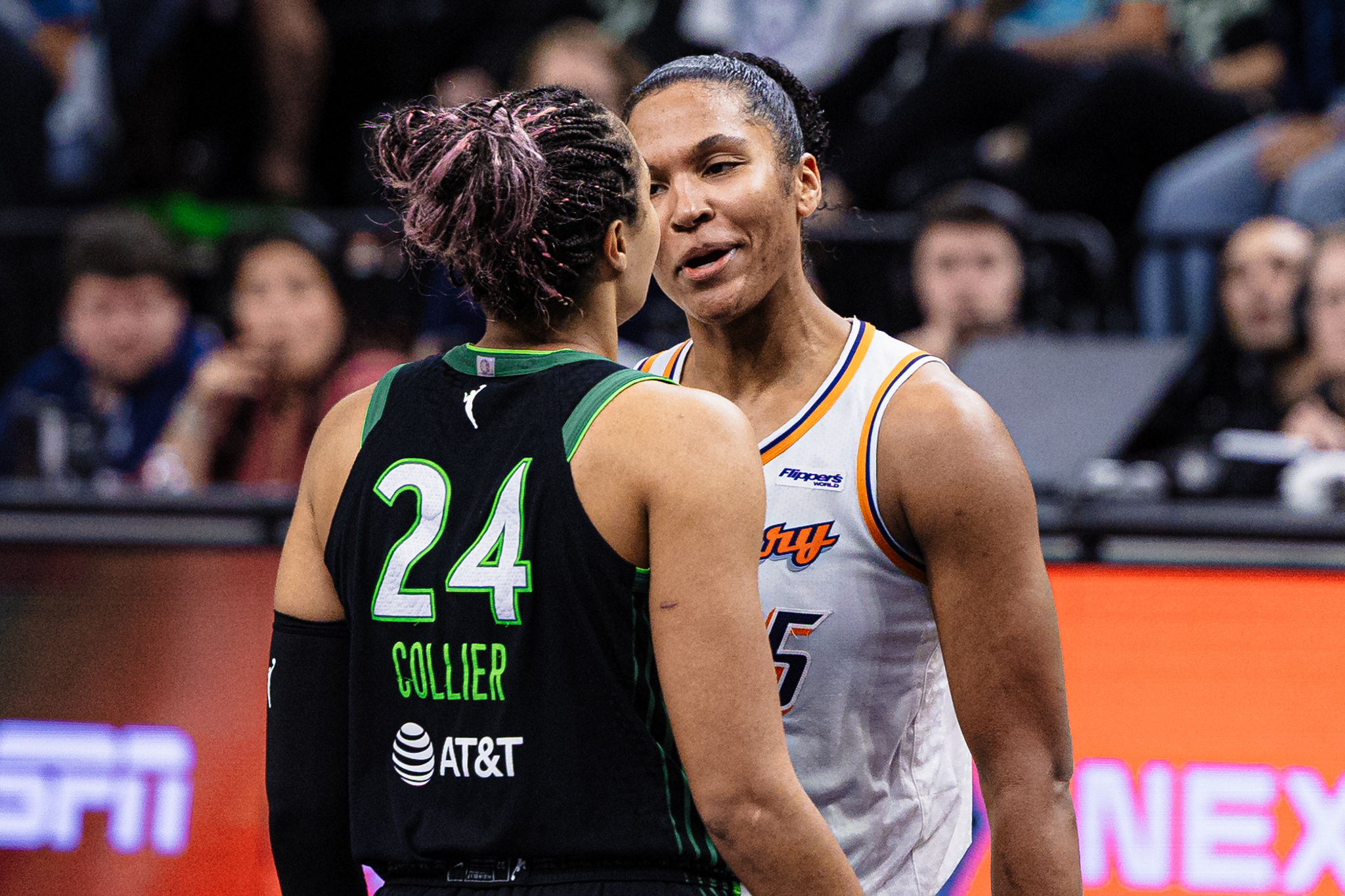
The Setup: A Quiet Lynx Beatdown Turns Into Chaos
For two and a half quarters, this looked like Minnesota’s coronation. The Lynx had the top seed, home court, the crowd buzzing in Target Center, and a 20-point lead that felt like a “thanks for coming, Game 3 is a formality” kind of night.
And then the Mercury broke basketball.
Phoenix ripped off one of the most absurd rallies in WNBA playoff history — only the second time a team has ever erased a 20-point deficit on the road in the postseason — and walked out with an 89-83 overtime win. Series tied, momentum stolen, narrative flipped on its head.
What was supposed to be a Minnesota victory lap turned into Sami Whitcomb hitting the biggest three of her career, Alyssa Thomas orchestrating like a mad scientist, and the Mercury’s bench running Minnesota’s reserves off the floor.
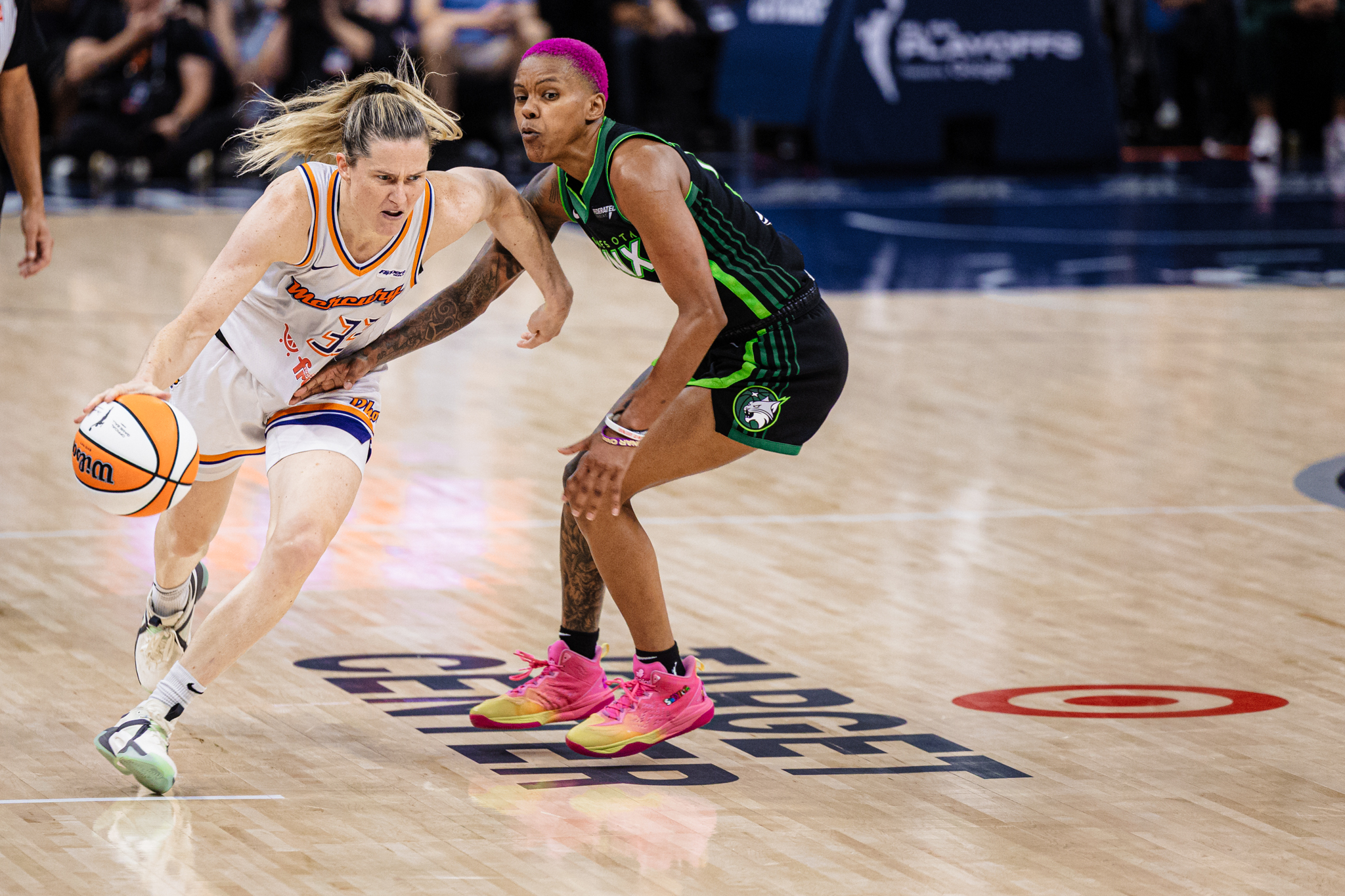
The Game Flow: How to Lose a 20-Point Lead in 12 Easy Steps
Minnesota owned the first half. Napheesa Collier and Kayla McBride were cooking, the defense had Phoenix completely out of rhythm, and the Lynx stretched the lead to 16 at halftime. Collier was everywhere — scoring, rebounding, even barking at teammates to stay locked in.
By mid-third quarter, it was a 20-point spread. Lynx fans were halfway to looking up flights for the Finals. And then Phoenix hit the “screw it, let’s go down swinging” button.
Thomas started threading passes like she had eyes in the back of her head (finishing with 19 points and a franchise playoff-record 13 assists). Satou Sabally bullied her way inside. The Mercury suddenly remembered they had three-point shooters on the payroll, dropping 13 total bombs from deep — nine of them after halftime.
The vibe completely flipped. Minnesota looked stunned, flat-footed, and, frankly, tired. Phoenix chipped away, tied it on a Whitcomb triple with under a minute left, and sent this thing to overtime. From there, it was all desert energy. The Mercury scored the first five points in OT, and the Lynx never recovered.
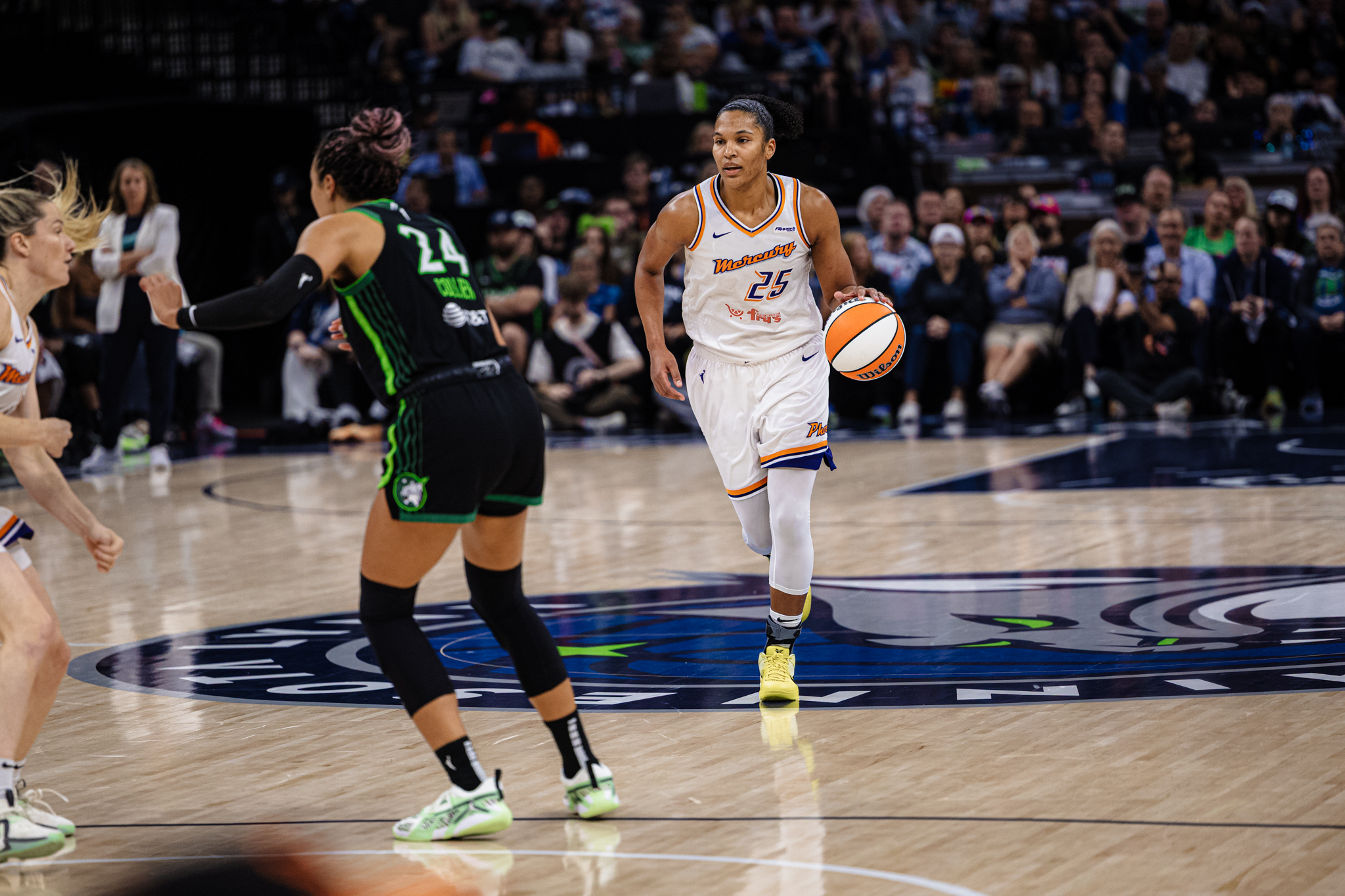
Star Power and the Bench Mob
Phoenix doesn’t pull this off without its stars and its role players going nuclear.
- Alyssa Thomas was the engine. Yes, she had 19 points, but the 13 dimes were what broke Minnesota’s spine. She set up shooters, cutters, anyone with a pulse. Her fingerprints were on every big possession.
- Sami Whitcomb came off the bench with 13 points and gave the Mercury their “holy sh*t” moment — the game-tying three in regulation that felt ripped out of a movie script.
- Kathryn Westbeld (8 points) and DeWanna Bonner (4 points) chipped in exactly what was needed, helping Phoenix’s bench outscore Minnesota’s 22-3. That’s not a typo. Twenty-two to three.
Meanwhile, Minnesota’s depth might as well have stayed in street clothes. Only Jessica Shepard scored off the bench. Collier and McBride combined for huge minutes — McBride played 42 minutes — but by the end, they looked like marathon runners in the last mile.
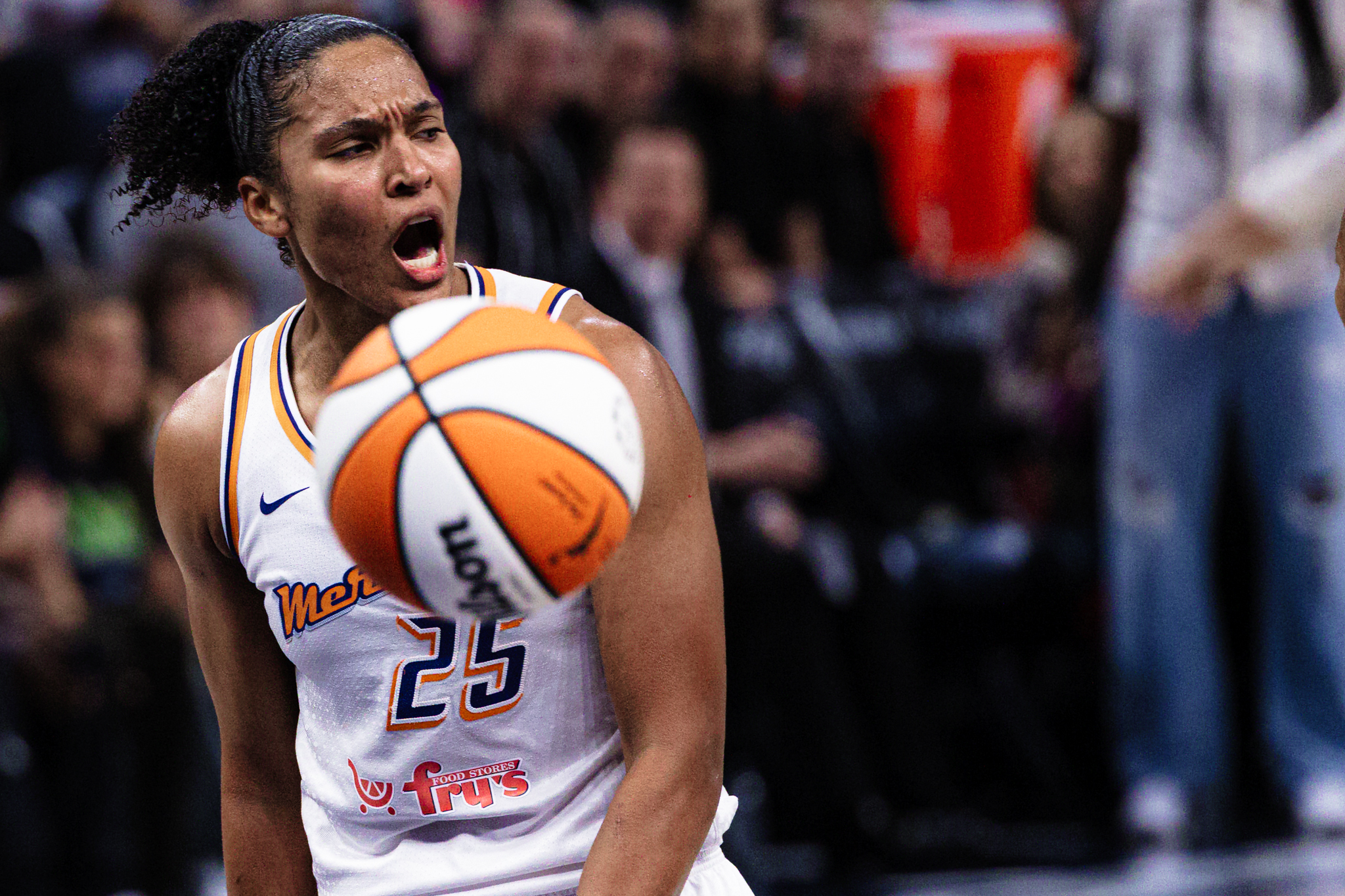
The Turning Point: Fatigue and Firepower
If you’re looking for one defining swing, it’s this: Phoenix kept their legs, Minnesota didn’t.
Four Lynx starters played 36+ minutes, with Bridget Carleton cracking 40 for just the second time in her career. The absence of DiJonai Carrington loomed huge. Without her, Cheryl Reeve had no perimeter rotation relief, and by the late fourth quarter, Minnesota’s guards looked gassed.
Fatigue plus a red-hot Phoenix perimeter game was the recipe. The Mercury hit 43% from deep after halftime. Minnesota bricked their way to 7-of-28 from three (25%), their worst playoff shooting night so far. If basketball is a make-or-miss league — and Jeff Van Gundy has been screaming that into microphones for two decades — this game was Ex. A.
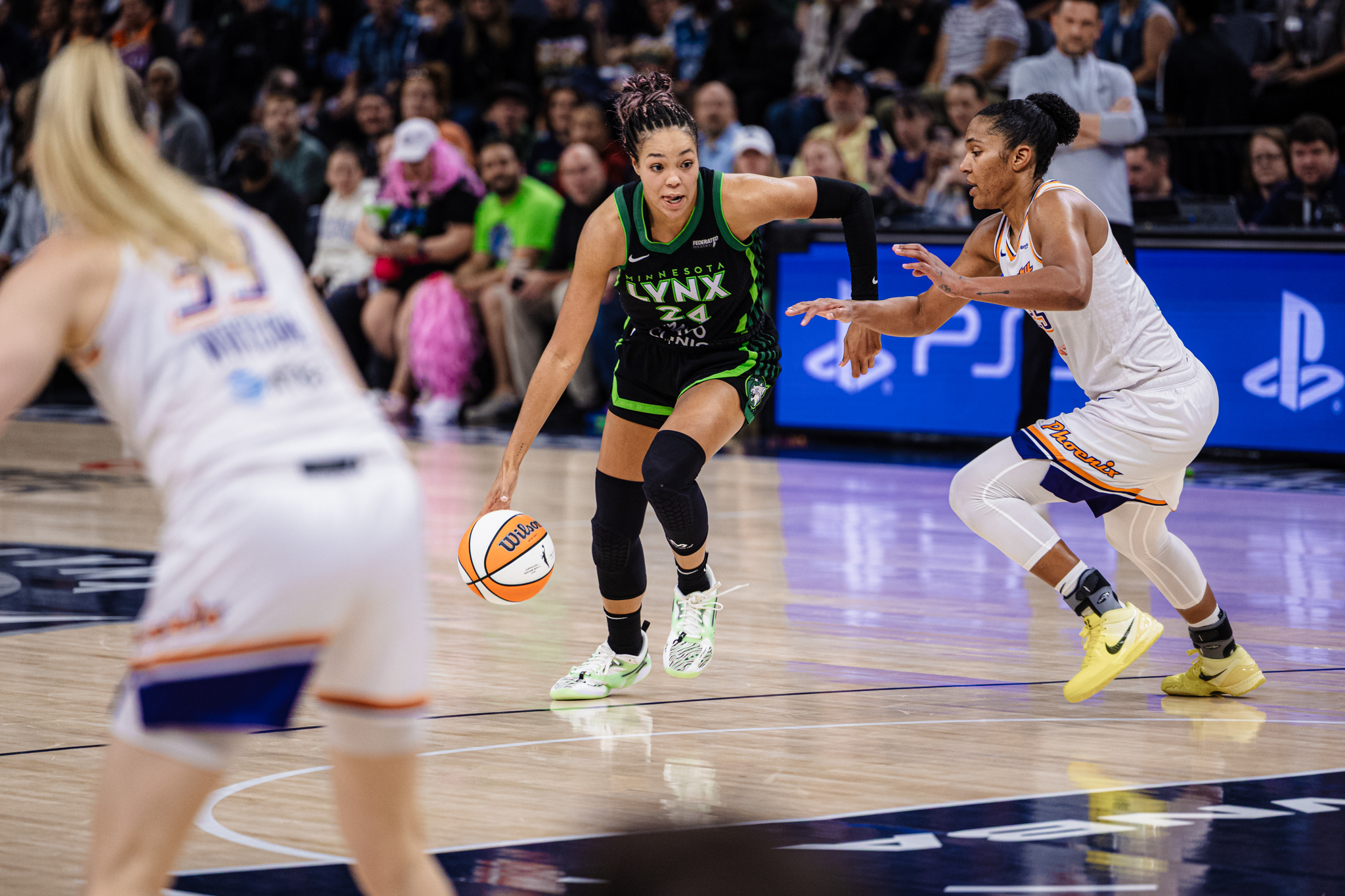
Stats That Actually Mattered
- 20-point comeback: Only the second in WNBA playoff road history, fifth overall.
- Bench scoring: Phoenix 22, Minnesota 3. Ballgame.
- Three-point shooting: Phoenix 13 threes at 40%+, Minnesota 25%. Do the math.
- Minutes overload: Four Lynx starters at 36+ minutes. McBride at 42. Carleton at 40. Legs gone.
What It Means: A Whole New Series
Minnesota’s still the top seed, still the team with the best road record in the league (14-8), and still loaded with star power. But this loss injected doubt. Suddenly, Phoenix doesn’t just have life — they have swagger, home court, and a bench that just embarrassed the Lynx.
Game 3 in the desert now feels like a referendum on Minnesota’s depth. If the Lynx can’t find scoring beyond Collier/McBride, and if their shooters stay ice cold, this could tilt fast. The Mercury, meanwhile, get to roll back into Phoenix with momentum and a chance to flip the script entirely.
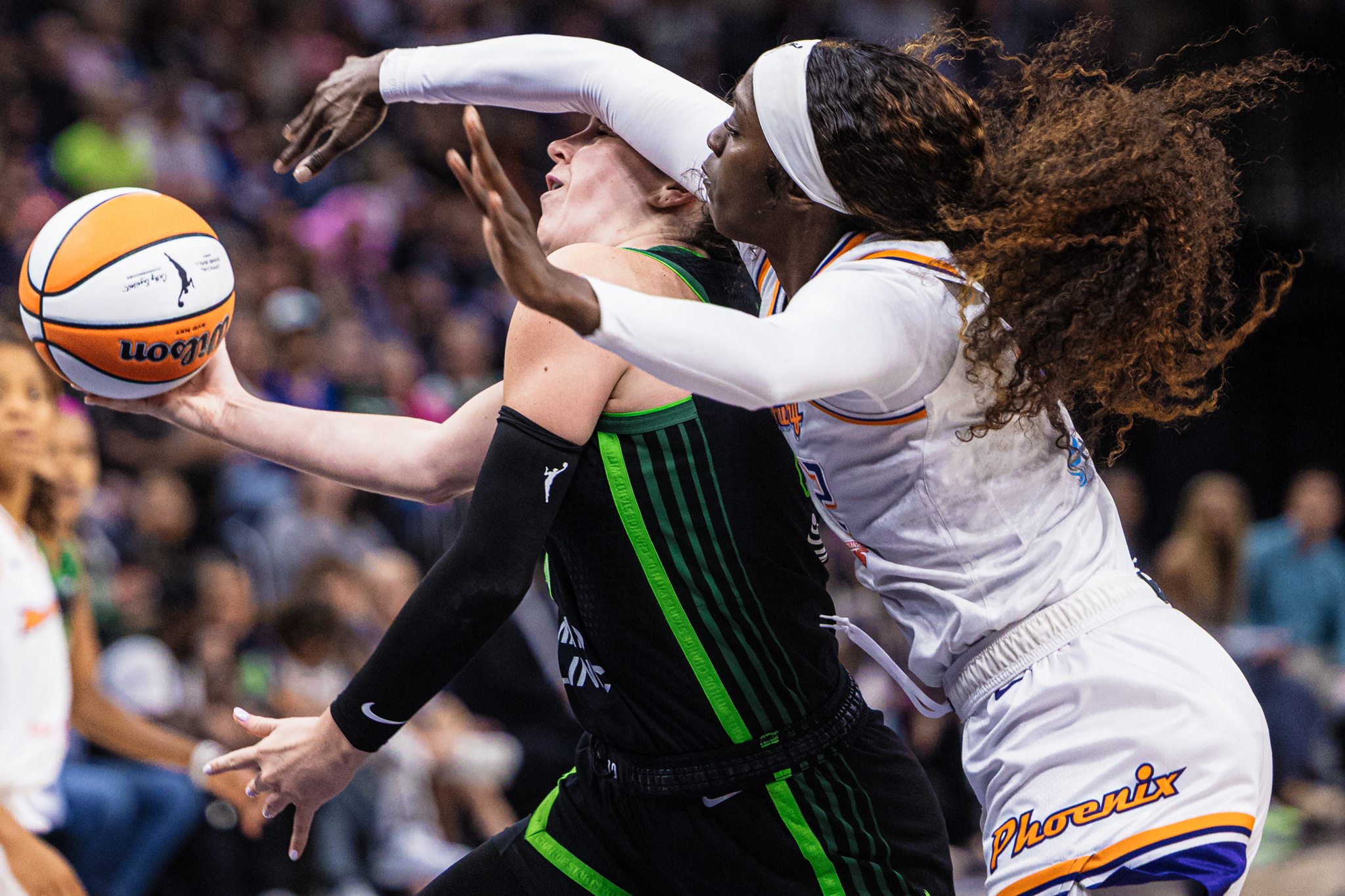
Closing Take: The Desert Just Got Hotter
This wasn’t just a comeback; it was a culture win. Phoenix showed grit, shooting, and a refusal to fold when most teams would’ve packed for Game 3. Minnesota showed cracks: fatigue, lack of bench production, and the weight of a No. 1 seed suddenly looking vulnerable.
The Lynx might still be the “favorites” on paper, but after Tuesday night, the paper doesn’t mean much. Momentum lives in the desert now.
The semifinals aren’t just alive — they’re officially on fire.








